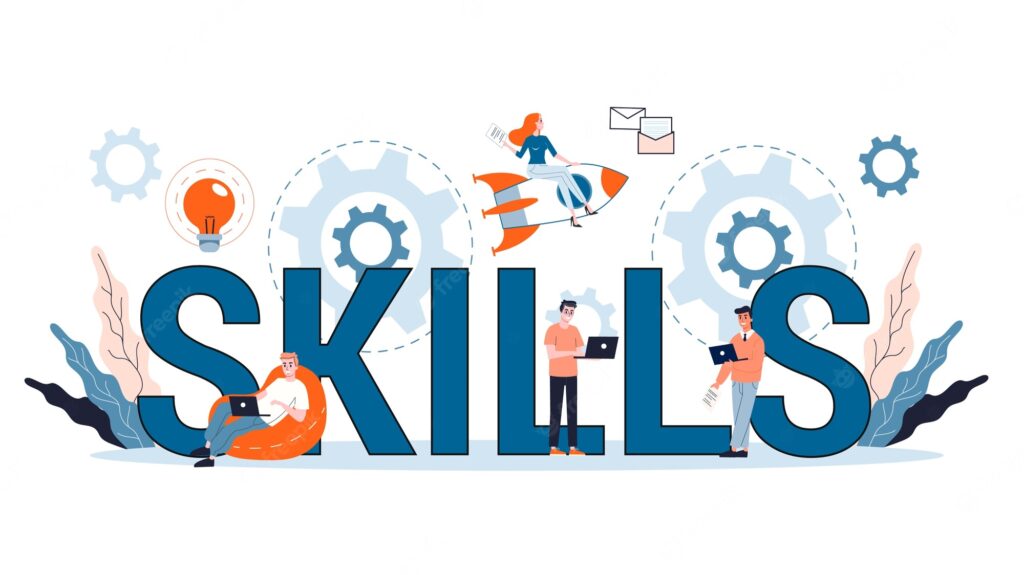Vocational Courses Assessment System
One of the most crucial aspects of skill certification courses is to understand how its assessment works. It means understanding the process through which a student’s knowledge, skill, and competency is judged based on what the students have learned throughout the course. In today’s post, we will discuss different assessment methods used in vocational education and training. So, let’s get started.
Direct Observation
The first and foremost assessment method used in vocational courses is direct observation. As the name implies, in this method, the practical skills of a student are evaluated based on tasks assigned at the workplace. Real-time feedback can be taken through this assessment method.
Different performance assessments or tasks are given to the candidates. At times, the off-the-job situation is also created in which some conditions are applied at a place that reflects the workplace. The candidates have to complete the tasks in real-time. If we compare it with other assessment methods, the direct observation assessment method is time-consuming.
Question-based Assessment
Another assessment technique for vocational courses is questioning. Unlike direct observation, in which the practical skills of a candidate are evaluated, question-based assessment is based on judging the theoretical knowledge of a student. Many open-ended and closed-ended questions are provided to the students to make them communicate their thoughts clearly.
In the question-based assessment method, critical thinking is involved. Surveys and interviews are conducted to judge what students know about the subject matter. Although the question-based assessment method is quite useful and is common in vocational courses, this method is unable to evaluate the practical knowledge of a candidate.
Evidence from a third party
Apart from questioning and direct observation, evidence from a third party can also be collected to assess students’ capability in vocational courses. A supervisor at a workplace is appointed for this task who observes and gauges how students perform their on-the-job tasks. This method is useful if you want to evaluate the skills and capabilities of a student objectively.
Moreover, if you have missed any information through observation or questioning, third-party evidence may provide you with facts and figures in this case.
Assessing portfolio or work samples
This is one of the most common assessment systems for skill certification courses. This method asks students to create a collection of their work samples. The work samples may include documents, images, videos, audio, books, etc. The portfolio is then assessed by the supervisor.
As portfolios are created for a certain time, it is an easy way to evaluate candidates’ capabilities during a certain period of time.
To sum up:
Vocational courses provide students with the competencies and skills required to do a certain job. To check the level of students’ competencies, different assessment methods are used. All the assessment mentioned above methods are used for vocational courses and are quite effective in the relevant domain.




